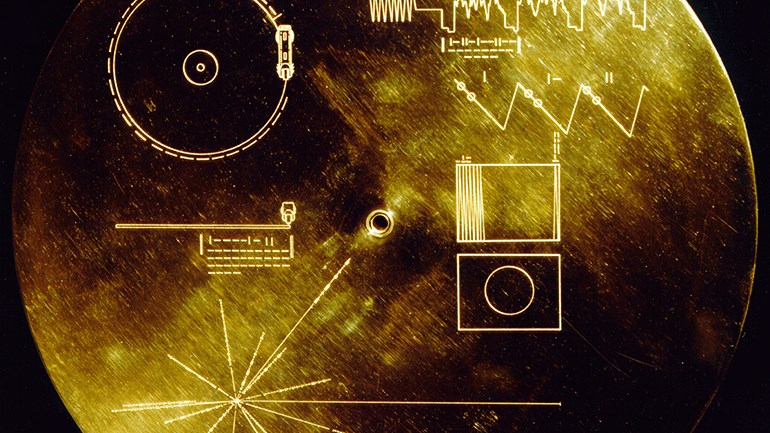We use cookies on this website. Cookies help us deliver the best experience on our website. Read about cookies.
-
- Education
- Education
- Programmes and courses
- Applications and admissions
- Tuition fees
- Scholarships
- Exchange studies at Malmö University
- Study Guidance
-
- After admission
- After admission
- Moving to Malmö
- Pre-orientation
- Arrival guide
-
- About studies at Malmö University
- About studies at Malmö University
- Why choose Malmö University
- Understanding university studies
- Connect with our students
On the page -
- Research
- Research
-
- Doctoral studies
- Doctoral studies
- Doctoral courses
-
- Doctoral schools
- Doctoral schools
- Doctoral school: Education, Learning and Globalisation
- Doctoral school: The National Research School for Professionals in Social Services
- Doctoral school: Learning in Multicultural Societal Contexts
- Doctoral school: ComBine
- Doctoral school: Swedish National Graduate School in Science and Technology Education Research
- Doctoral school: Relevancing Mathematics and Science Education (RelMaS)
- Doctoral school: Sustainable Movement Education
- Doctoral school: Finding ways in a time of great future challenges (FinnFram)
- Doctoral school: Pedagogy and Vocational Skills
- Doctoral school: Culturally Empowering Education through Language and Literature
- Adaptation of urban space through sustainable regeneration
- Research subjects
-
- Research centres
- Research centres
- Biofilms Research Centre for Biointerfaces
- Citizen Health
- Imagining and Co-Creating Futures
- Institute for Urban Research
- Malmö Institute for Migration Studies
- Literacy and Inclusive Teaching
- Centre for Work Life Studies
- Sustainable Digitalisation Research Centre
- Centre for Sexology and Sexuality Studies
-
- Research publications
- Research publications
- Search publications
- Malmö University Press
-
- Research in focus
- Research in focus
- Focus: in the classroom
- Focus: a future with AI
- Focus: climate and society
- Focus: the mouth
- Research in focus: Migration
- Focus: the war in Ukraine
- Focus: perspectives on Malmö
- Research in Focus: alone in society
- Research in focus: Peace, democracy and human rights
- Research events
- Participate in a research study
- Coffee Break Quiz
On the page -
- Collaboration and Innovation
- Collaboration and Innovation
- Innovation
- Collaboration with students
-
- Collaborate with researchers
- Collaborate with researchers
- Labs and facilities
- Culture collaboration
- Support Malmö University
- Alumni & Friends
On the page -
- About us
- About us
-
- Faculties and departments
- Faculties and departments
-
- Faculty of Culture and Society
- Faculty of Culture and Society
- Department of Global Political Studies
- School of Arts and Communication
- Department of Urban Studies
-
- Faculty of Education and Society
- Faculty of Education and Society
- Department of Childhood, Education and Society
- Department of Sports Sciences
- Department of Culture, Languages and Media
- Department of Natural Science, Mathematics and Society
- Department of Society, Culture and Identity
- Department of School Development and Leadership
-
- Faculty of Technology and Society
- Faculty of Technology and Society
- Department of Computer Science and Media Technology
- Department of Materials Science and Applied Mathematics
-
- Faculty of Odontology
- Faculty of Odontology
- Master's programmes in Dental Science
- University Dental Clinic
- Management and decision-making paths
-
- Malmö University's strategy 2030
- Malmö University's strategy 2030
- Global engagement
- Sustainability
- Widened recruitment and participation
- Quality assurance work at the University
-
- Malmö Academic Choir and Orchestra
- Malmö Academic Choir and Orchestra
- Student work – video pieces
-
- Annual Academic Celebration
- Annual Academic Celebration
- Academic traditions
- Meet our new professors
- Meet our new doctors
- The University in a troubled world
On the page
Reflections on Earth in a faraway galaxy

The Voyager Golden Record.
What could we say about our existence on Earth today if we were on a spacecraft outside the solar system? This is what researchers and students are exploring in an artistic research project, which will be exhibited in Venice next year.
The project is inspired by two of NASA's spacecrafts, Voyager 1 and 2, which were launched in 1977 to explore celestial bodies far out in interstellar space. Both carry a ‘Golden Record’ containing sounds, music and images that portray life and culture on the Earth.
“Based on this, we got an idea to portray what it would be like to be far out in space, reflecting on the Earth and its stories, rhythms and languages as they echo across time and space," says Bo Reimer, professor of media and communication studies and director of the Medea research platform at Malmö University.
Malmö University will be the only Swedish university taking part in next year’s international architecture exhibition Time Space Existence in Venice. The Medea research group has now moved to an open space on the ground floor of the Niagara building, where they will develop the concept and hold public workshops and events for four weeks. In the spring, students from different subjects, such as media and communications and creative writing, will be involved in the project.
“We don’t know yet where it will land, but by using text, sound and visuals, we will create an environment that gives the visitors opportunities to rethink their existence and share their thoughts.”
Tender Time, as the exhibition is called, runs from 20 May to 26 November 2023, and Malmö University will have a room in a palace near the Rialto Bridge in Venice.
“The Time Space Existence exhibition is held every two years and it usually attracts around half a million visitors, so we are of course hoping for a large crowd,” Bo Reimer says.
Text: Magnus Jando
Share Article